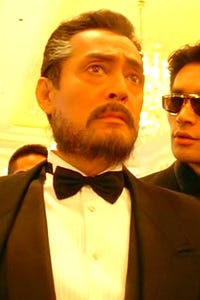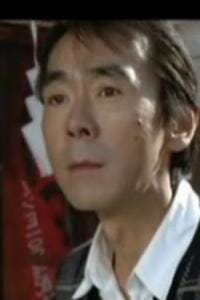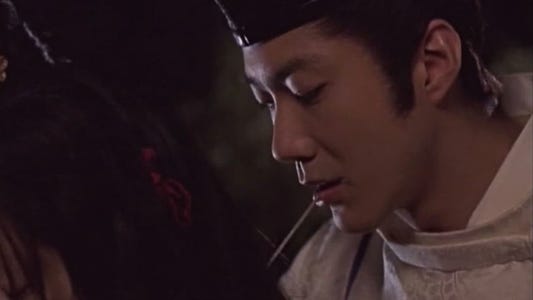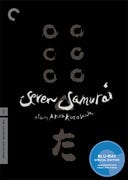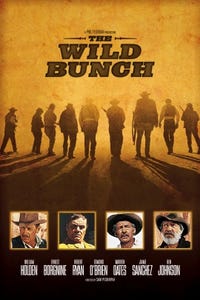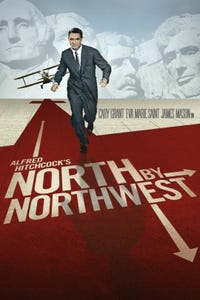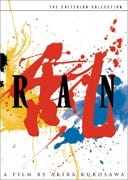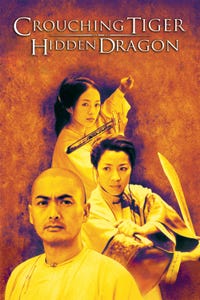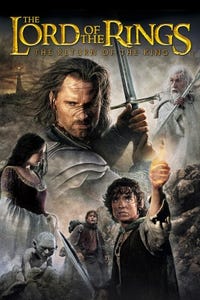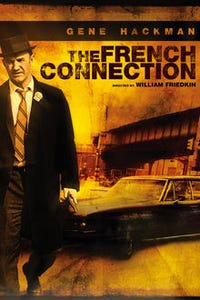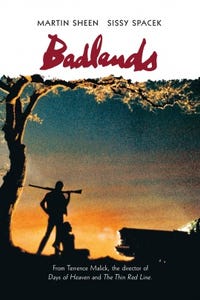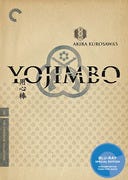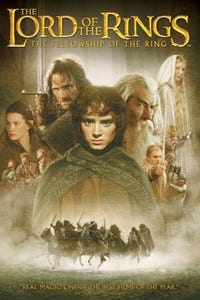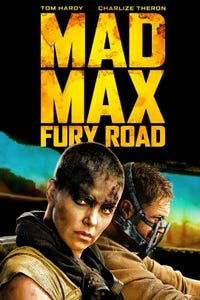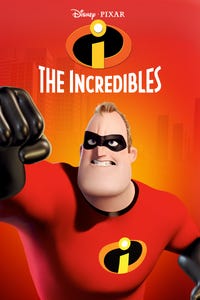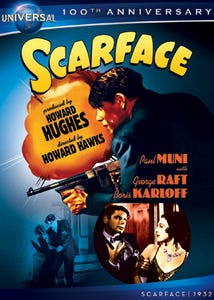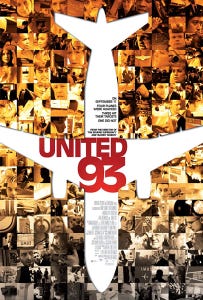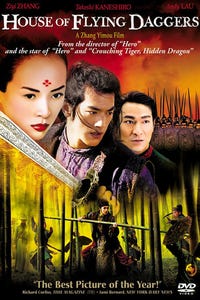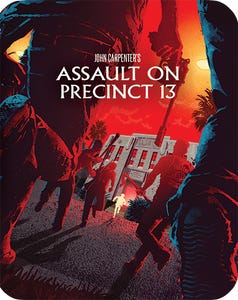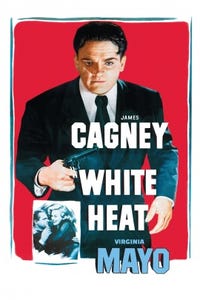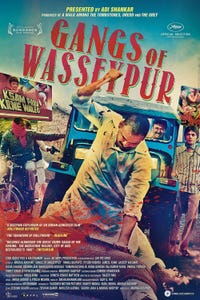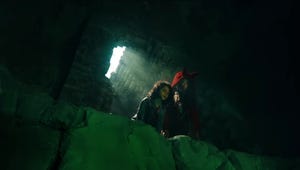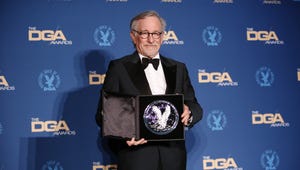X
- 1985
- R
- 2 h 40 m
- 1985
- R
- 2 h 40 m
Summary An adaptation of William Shakespeare’s King Lear, Ran considers the disastrous consequences of Lord Hidetora Ichimonji’s (Tatsuya Nakadai) decision to split his kingdom among his three sons.
Directed By: Akira Kurosawa
Written By: Hideo Oguni, Masato Ide, William Shakespeare, Akira Kurosawa
- 1985
- R
- 2 h 40 m
- 1985
- R
- 2 h 40 m
Ran
8.4
Where to Watch
Summary An adaptation of William Shakespeare’s King Lear, Ran considers the disastrous consequences of Lord Hidetora Ichimonji’s (Tatsuya Nakadai) decision to split his kingdom among his three sons.
Directed By: Akira Kurosawa
Written By: Hideo Oguni, Masato Ide, William Shakespeare, Akira Kurosawa
Where to Watch
Top Cast
Metascore
Universal Acclaim
Based on 21 Critic Reviews
97
95% Positive
20 Reviews
20 Reviews
5% Mixed
1 Review
1 Review
0% Negative
0 Reviews
0 Reviews
Metascore
Universal Acclaim
Based on 21 Critic Reviews
97
95% Positive
20 Reviews
20 Reviews
5% Mixed
1 Review
1 Review
0% Negative
0 Reviews
0 Reviews
Ran is a great, glorious achievement.
The drama itself packs a powerful -- and timeless -- gut punch.
User Score
Universal Acclaim
Based on 197 User Ratings
8.4
86% Positive
170 Ratings
170 Ratings
9% Mixed
18 Ratings
18 Ratings
5% Negative
9 Ratings
9 Ratings
User Score
Universal Acclaim
Based on 197 User Ratings
8.4
86% Positive
170 Ratings
170 Ratings
9% Mixed
18 Ratings
18 Ratings
5% Negative
9 Ratings
9 Ratings
I loved Kurasawa's Throne of Blood, and heard this was even better. And indeed it was, for me second only to Seven Samurai as his best film and one of the finest movies ever made. As with any Kurasawa film, it is superbly made with the camera work in look and technique masterly and the colour and period detail really sumptuous. The battle sequences are even more epic in scope and emotional impact than Seven Samurai, aided by the spectacle and camera work. The music is rousing and haunting, almost sometimes paying homage to Mahler, the script is literate and thoughtful and the story intensely moving. Add to that Kurasawa's ever immaculate direction and the truly remarkable lead performance Tatsuya Nakadai and you have an even more brilliant film. Rounding off is the truly Machiavellian performance of Mieko Harada as the daughter-in-law figure. The over-two-and-a-half-hour length and slow pacing didn't hinder Ran in the slightest, at least to me anyway, though some not used to Kurasawa's style may be deterred. In conclusion, there wasn't much I really could add to the wonderful reviews already, but I do think Ran is a superb film with much to admire. 10/10 Bethany Cox
The physical scale of Ran is overwhelming. It's almost as if Kurosawa is saying to all the cassette buyers of America, in a play on Clint Eastwood`s phrase, "Go ahead, ruin your night"--wait to see my film on a small screen and cheat yourself out of what a movie can be.
In many respects, it's Kurosawa's most sumptuous film, a feast of color, motion and sound: Considering that its brethren include "Kagemusha," "The Seven Samurai" and "Dersu Uzala," the achievement is extraordinary. [01 Dec 2000, p.26]
One of the 10 best films ever made, period.
A stunning achievement in epic cinema.
Save for one startlingly staged battle sequence. . .might as well have been titled "Also Ran."
One of my favourite Kurosawa`s films.There is everything deserves to be praised.
Reaping the Whirlwind
Akira Kurosawa’s “Ran”
“Vanity of vanities, says the Preacher, vanity of vanities! All is vanity.”
“For they sow the wind, and they shall reap the whirlwind.”
“But if you will not do so, behold, you have sinned against the Lord, and be sure your sin will find you out.”
What a difference 33 years makes(Duh!) When I first saw this movie in 1985 I just knew if was a great movie. I was totally captivated by the Attack on the Third Castle(which I still am) but it has now become obvious to me how all truly great works of art are hopelessly(hopefully?) entangled with the Biblical worldview(even if the director doesn’t embrace that view.) Although you would expect Kurosawa to be a Buddhist he seems to acknowledge that the Eightfold Path does not succeed in conquering suffering. Indeed, the son who returns at the end does “not” cure the chaos(oh how Kurosawa could have used the conquering Messiah of the Christian faith here!) Tsurumaru’s drop of the Amira Buddha image near the end also seems to indicate a lack of faith in the Buddhist way.
But the other Christian themes reflected in the quotes above are beautifully explored here.
Mise en scène Score(20/20) Kurosawa is a master here. The scene in which Hidetora exits the Second Castle is gorgeous. As is the overhead shot in the ruins with Hidetora and Kyoami. Although the Attack on the Third Castle is not static there are many powerful images here as well. The final shot of Tsurumaru matches the bleakness of the final shot in Vertigo, and repeats the theme of a fall from great height(The Garden of Eden?)
The Attack on the Third Castle(30/30) If this isn’t the greatest sequence in movie history it is surely the greatest sequence without dialogue. How can such carnage be so captivatingly presented? This type of “operatic” violence is what Peckinpah presents at the end of “Wild Bunch” but raised to a higher degree.
Proverbs 22:6 Score(30/30) The inverse holds true as well. Even though Saburo escapes this tendency(by the grace of God?) he can’t save the day in the end.
Revenge vs. Forgiveness/Loyalty Score(10/10) The sins of Hidetora, Taro and Jiro come full circle as Lady Kaede takes her revenge. But Lady Sué’s way of forgiveness, and the loyalty of Tango and Kyoami, stand out as the way forward.
Acting Score(4/5) Hidetora’s death seemed overacted to me.
Worldview Score(4/5) Perfect presentation of our hopeless state without God. What Kurosawa needs is the nun from Vertigo to offer hope.
98/100
This film takes the shakespeare play and adapts it to make a big epic film while still being trajic and emotional too. Everything in this film (production-wise) looks amazing, from the buildings to the costumes to the furntiture, you can tell that the people behind this spent there money wisely and with intent. The acting is also incredible showing the emotions each character in feeling with full intense detail, especially Lord Ichimonji. This film is a truly wonderful watch showing an amazing blend of beautiful imagery, intense emotion, story, and writing. I definitely suggest watching it.
Une espèce de guerre de succession au sein de la famille du vieux Seigneur qui aimerait prendre une retraite bien méritée… mais comme ses fils sont soit des crétins, soit des assoiffés de pouvoir, tout cela ne va certainement pas bien se passer…
Et il est vrai que ça ne se passe pas bien… je fais surtout référence au visionnage de ce film long comme un jour sans pain... C’est toujours l’impression de voir une pièce de théâtre en plein air qui prédomine et de fait, la somnolence qui l’accompagne… et l’ennui à couper au couteau. Ou au sabre plutôt !
La réalisation est endormie et monlithique, lente et pataude, engoncée et psycho-rigide ; une mise en scène comme on n’en fait plus, sauf dans les années 40 et 50 du XXème siècle. Et encore. Ce qui pour un film de 1985 (quand même) s’avère dommageable et aggrave la pénibilité du visionnage.
Les comédiens sont également monolithiques, psycho-rigides et grotesques à la fois, caricaturaux et excessifs comme dans une pièce de théâtre surjouée, caricaturale, grotesque et ridicule.
Mais d’ailleurs… il semble que ce gros film de merde soit lui-même inspiré d’une vieille saloperie de pièce de William Jexpire (mort d’ennui à ses propres conneries lymphatiques), ceci expliquant cela, notamment l’emmerdement maximal prodigué ici ! Mais il suffit de s’étendre inutilement sur cettte grosse daube : il faut l’effacer, l’évacuer, la faire disparâitre promptement et efficacement ; pour ce faire, il suffit de tirer la chasse bien à fond !
Awards
Academy Awards, USA
• 1 Win & 4 Nominations
Golden Globes, USA
• 1 Nomination
Awards of the Japanese Academy
• 3 Wins & 7 Nominations

